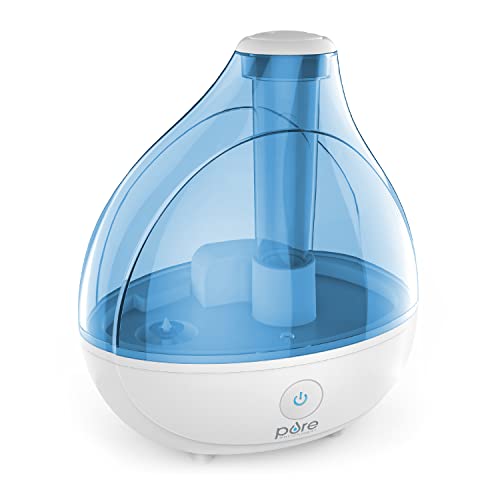So, you've just bought a humidifier for your room, and you're thinking about using it for the night so that you won't have to deal with a sinus headache in the morning. But do you have to wake up in the middle of the night to turn it off, or will it shut down automatically? We've done the research for you, and here's what we found out.
Most humidifiers nowadays come with an automatic shut-off feature that immediately turns off the device when there's no more water in the reservoir. However, there are some humidifiers that don't have this feature. They will continue to operate even when the device doesn't have any water anymore, and this can cause damages or become a fire hazard.
Keep reading so we can tell you more about how humidifiers work. We'll also share with you what we found out when you leave a humidifier on. This article will also answer if you can use tap water in your humidifier and when you shouldn't use this device in your home.
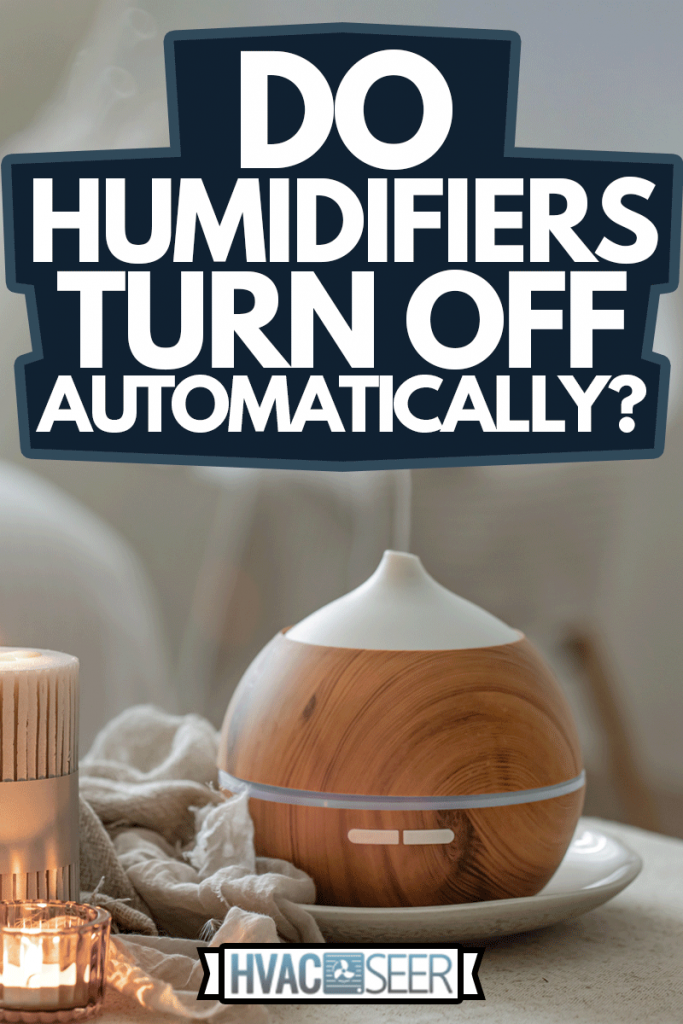
Will my humidifier shut off when the water tank is empty?
Humidifiers are quickly becoming an essential part of homes, especially for those who are dealing with a constant sore throat, dry or irritated eyes, allergies, or dry cough, nose, and skin. As it increases the humidity in a particular area, it helps remove the dryness and adds more moisture to the air.
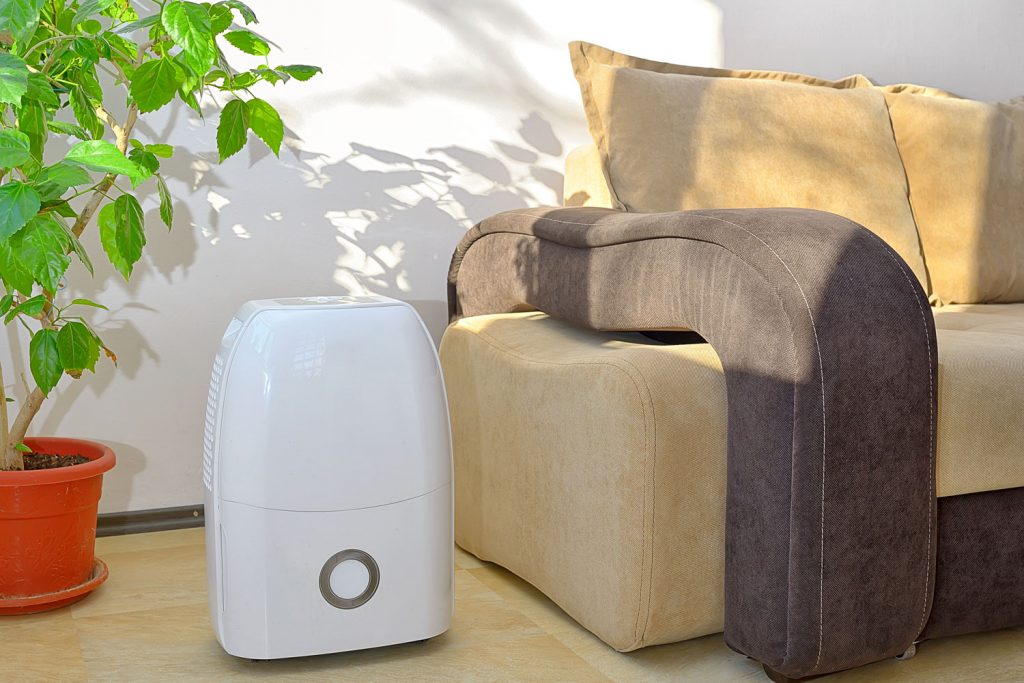
There are different kinds of humidifiers that you will find on the market. These are:
- Steam vaporizers: This type of humidifier uses electricity to boil water and generate steam that evaporates into the air. However, this isn't recommended to use for households with children because the hot water can cause burns when it is spilled.
- Evaporators: These humidifiers come with a fan that blows the air over an absorbent material such as a wick. This type is simpler and safer to use.
- Impeller humidifiers: They feature a rotating disk that spins at a high speed to produce a cool mist.
- Ultrasonic humidifiers: They turn water into vapor with the use of ultra-fast vibrations. They are quiet to use and work efficiently.
- Central humidifiers: These are connected to your home's heating and air conditioning system. They will humidify the entire house without you having to refill the water supply frequently.
How Humidifiers Work
There may be different types of humidifiers, but they work the same way. There's a reservoir that holds the water. Water from the reservoir is dispensed into a basin. There's a filter that absorbs water from the dish. As air passes through this filter, some of the water evaporates into the air.
Humidifiers are self-regulating. When the humidity level in the room decreases, their water vapor output increases and vice versa.
Auto Shut-off Feature
But what happens when your humidifier runs out of water? Most humidifiers nowadays have an auto shut-off feature for safety purposes. They will automatically turn off the appliance once the sensors detect that there's no more water in the reservoir.
However, not all types of humidifiers have this feature. This means that the device will continue to run even when there's no more water. This can be damaging to your appliance. So, you better check your owner's manual to see if your humidifier has an auto-shutoff feature so that you can sleep soundly through the night.
Click this link to find this ultrasonic humidifier with an automatic shutoff feature on Amazon.
What happens if you leave a humidifier on?
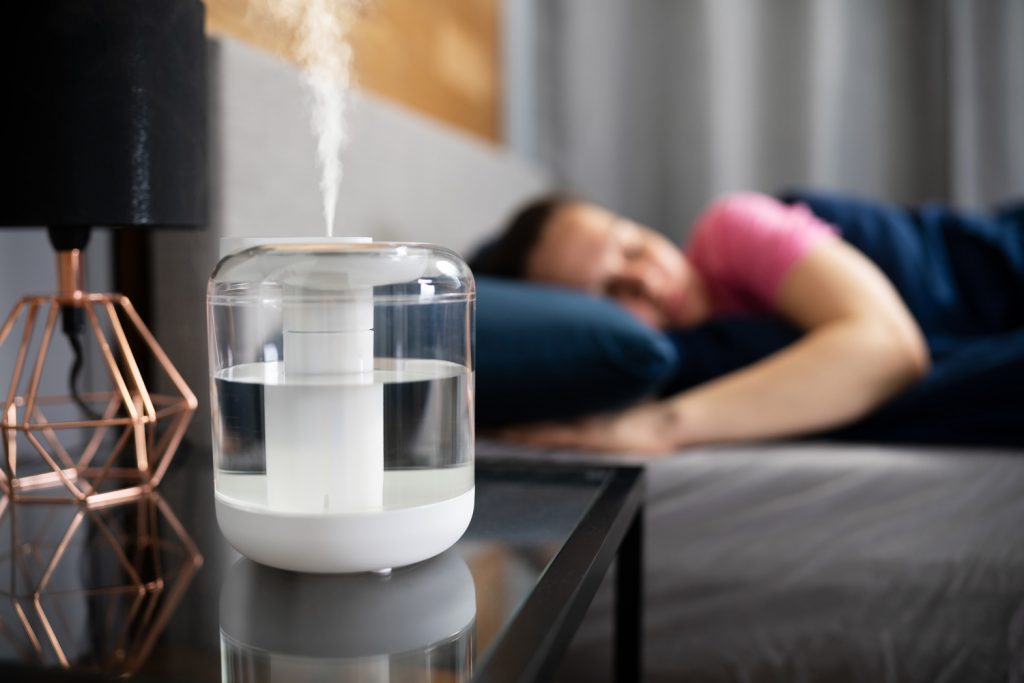
There are many benefits of using a humidifier. They help make you more comfortable by improving the humidity level in the room. At night, you will be able to sleep better. And when you wake up in the morning, you'll feel refreshed without having to deal with a sore throat, nose bleed, morning sinus, or dry skin.
It is especially helpful during the winter season. The air gets dry as the temperature decreases. It loses its capacity to hold on to moisture, and a humidifier can help with that.
Since humidifiers moisturize your body, they will also help you recover from your wounds and illnesses faster. They also decrease the risk of airborne diseases when the humidity is kept at an optimum level where viruses and bacteria can't thrive. They also reduce your usage of heating appliances that consume so much electricity. So, in effect, you save on energy costs!
It is not only humans who benefit from humidifiers but plants as well. When the air is damp, the soil is damp, too. This means that the plants can absorb more nutrients from the soil so they'll be healthier and can produce more oxygen in your home. Humidifiers also help prevent dry rotting in your wood furniture so it won't be damaged by dry air.
That is why we cannot blame you if you'd want to leave your humidifier on all the time. As mentioned above, these devices are self-regulating, so they'll be able to adjust the amount of water vapor that they make according to the humidity level in the room.
Maintain Humidifier Water Levels
However, you need to take note that humidifiers always need water to operate efficiently and effectively. Do not let it run without water because it can burn the device's circuit which can be a fire hazard. Always check the water level of your humidifier to make sure that it is within the recommended level.
Replace the water in the reservoir at least once a week and clean the humidifier regularly to ensure that it won't become a breeding ground for molds and germs or else, they'll negate the benefits that these devices bring.
It is also wise to get a hygrometer so that you can know the moisture level in your room, but some humidifiers already come with a built-in hygrometer, so check if yours has one.
Check out this hygrometer on Amazon.
Is it bad to use tap water in a humidifier?
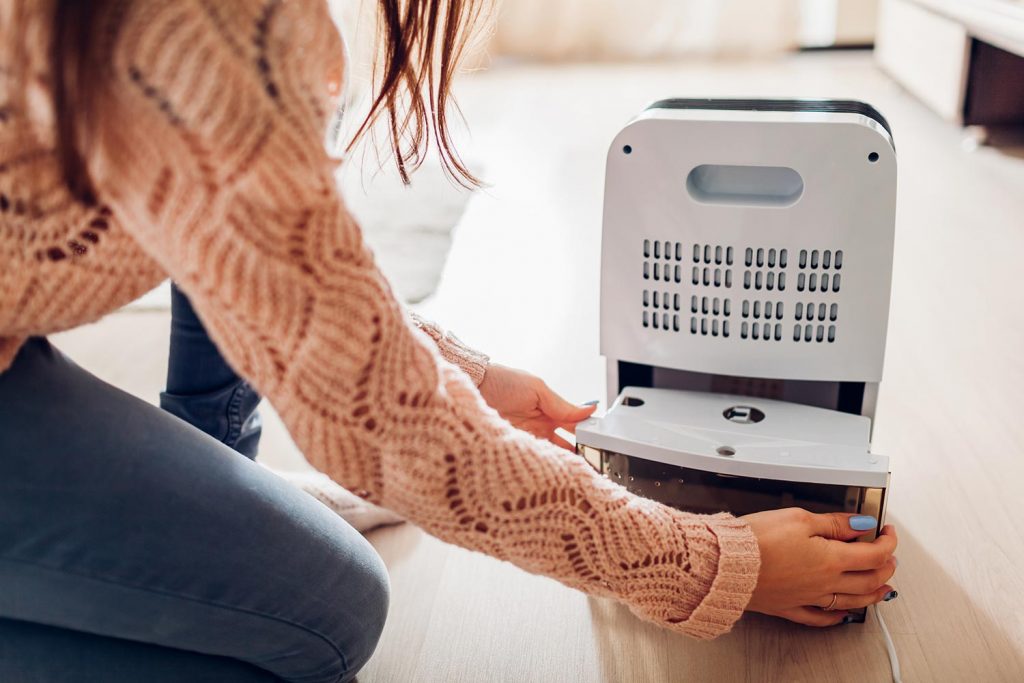
Now that we've clarified that you can't use a humidifier without water let's proceed to the type of water that you should use. Yes, you can use tap water but it isn't really recommended by experts.
According to the Environmental Protection Agency, tap water may contain minerals that can cause the formation of scales on the surface of your device. These deposits can be a breeding ground for harmful bacteria.
Other users also notice white dust coming out of the humidifier together with the vapor. Some also report having pink molds in their water tanks when they used tap water.
All of these cases lead experts to recommend the use of distilled or purified water in your humidifier. They don't contain minerals that could settle and accumulate over time. Some manufacturers also offer tablets and cartridges that you can put in the reservoir to make sure that the water is clean and suitable for this purpose.
Find this humidifier water cartridge on Amazon.
When should you not use a humidifier?
Final Thoughts
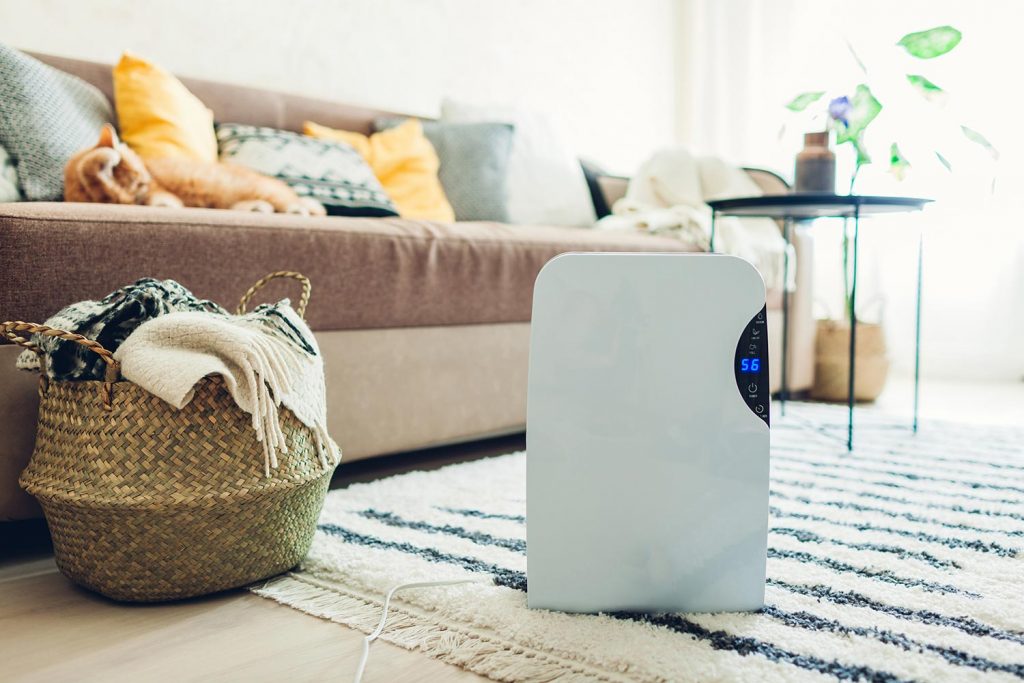
Make sure your humidifier has an automatic shut-off feature before you become complacent about leaving it on all through the night. Check the water level and make sure that the water and unit are clean all the time. This will mitigate the risks involved in using this device and help you maximize the benefits that humidifiers provide.
If you want to read more about humidifiers, you may visit the following links:

